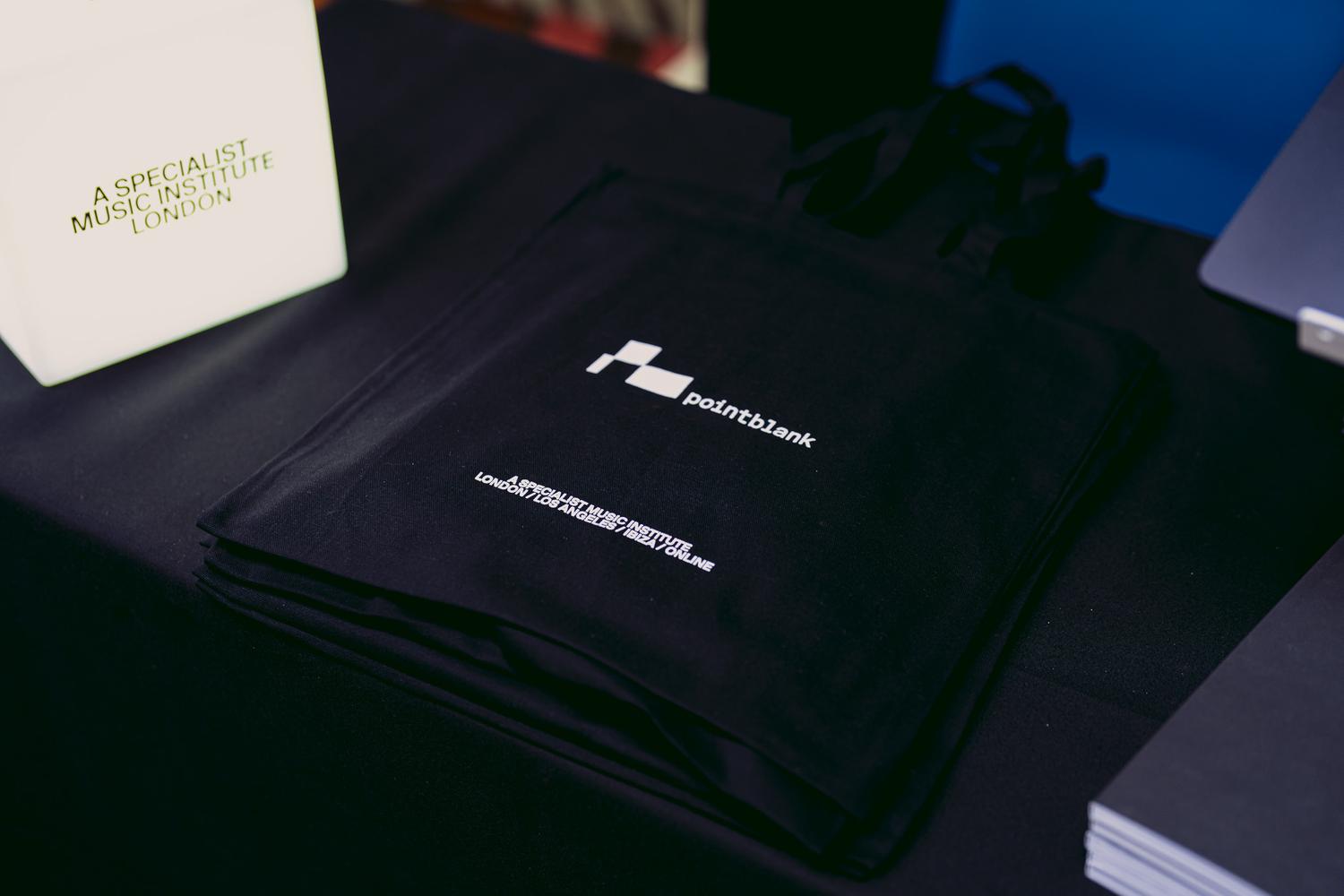Rethinking Brand Partnerships in Culture

In a rapidly evolving cultural landscape, the age-old model of corporate sponsorship is being called into question. Industry leaders are pushing for a more meaningful alternative: true brand partnerships built on collaboration, authenticity, and lasting impact.
At a recent panel at AVA London hosted by Sarah McBriar (UP! Productions & AVA), thought leaders from across music, fashion, and creative industries discussed the shifting dynamics of brand collaborations. Speakers included Leila Fataar (Platform13), DJ and label boss SHERELLE, Simon Gold (This is Music) and Dominique Fenn (Fred Perry), each offering a unique perspective on what it takes to build partnerships that resonate.
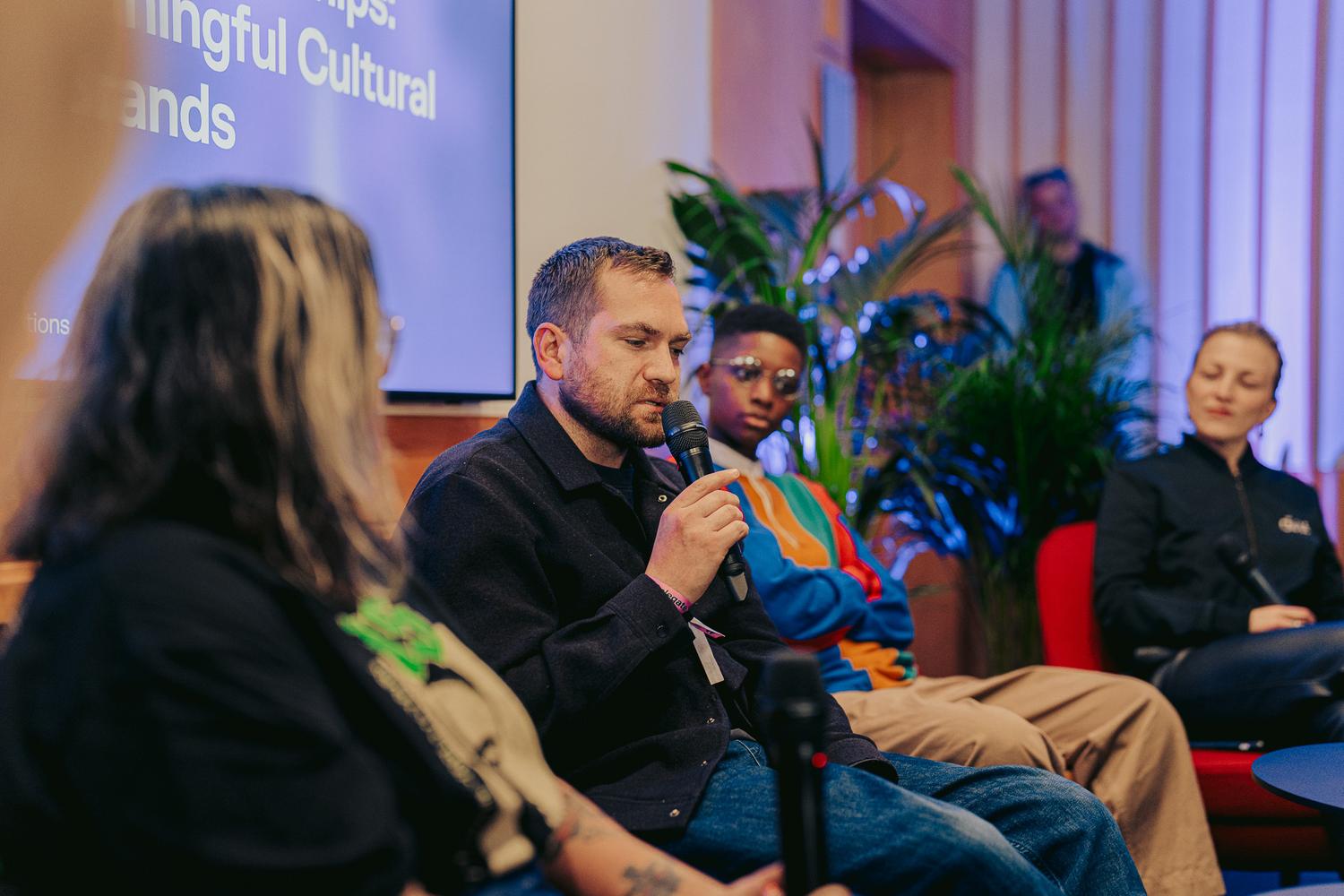
Out with the Old: From Logo Placements to Cultural Integration
The traditional sponsorship model – characterised by brands paying for visibility through logos on flyers or festival stages – has long been the go-to approach. But this strategy, measured in impressions and reach, is increasingly seen as superficial and disconnected.The new paradigm prioritises partnership over promotion. Brands are expected to embed themselves within the culture, working collaboratively to bring about genuine value. The measure of success? Not just short-term metrics, but long-term cultural relevance.
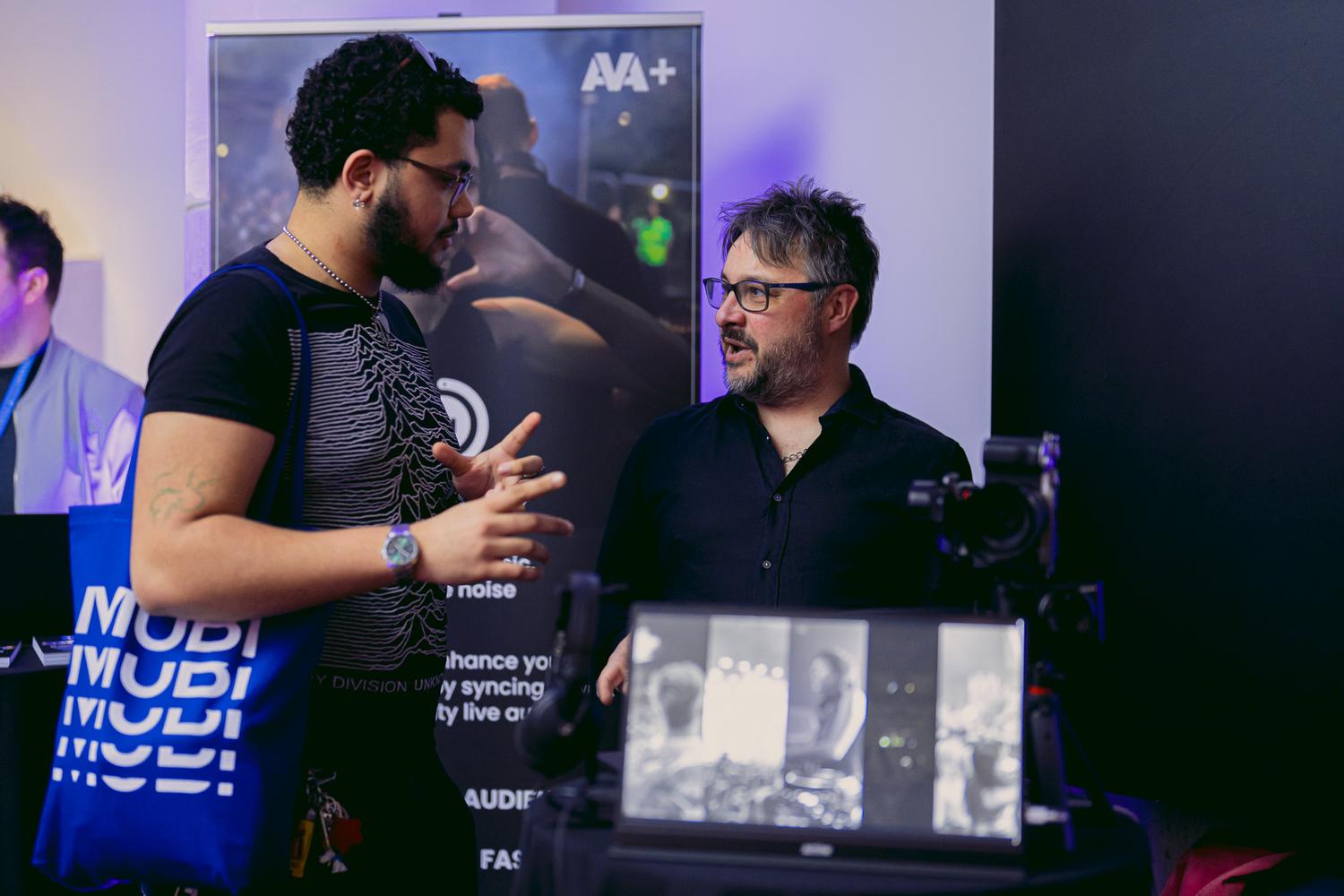
What Makes a Partnership Truly Work?
The panel outlined four key traits of successful brand partnerships:- Solving Real Problems – Meaningful collaborations start with addressing a need. AIAIAI’s support for SHERELLE’s studio, aimed at uplifting Black and LGBTQ+ artists, is a prime example. Similarly, Smirnoff’s "Equalising Music" tackled gender imbalance in festival line-ups over three years.
- Cultural Alignment – Partnerships must feel authentic. Misaligned collaborations can damage an artist’s credibility and a brand’s image. Brands must understand the communities they aim to engage.
- Longevity Over Hype – Short-term campaigns rarely leave a lasting mark. Brands like Fred Perry have succeeded by committing to subcultures over decades.

The Role of Internal Champions
A recurring theme was the importance of internal advocates within companies. Leila Fataar highlighted how a long-term initiative can quickly dissolve when its internal champion leaves. Without structural support, even the most promising collaborations risk falling apart.To combat this, brands must build partnerships into their core strategy, creating accountability and documentation that ensures longevity beyond individual employees.
Common Pitfalls – and How to Avoid Them
Brands often fall short by demanding excessive promotion, misunderstanding their audience, or relying too heavily on quantifiable metrics. The panel urged brands to:
- Consider the balance between promotional demands and creative control, allowing space for both.
- Hire culturally engaged staff.
- Shift focus from hard metrics to soft impact indicators like sentiment and community growth, with more commitment long term.
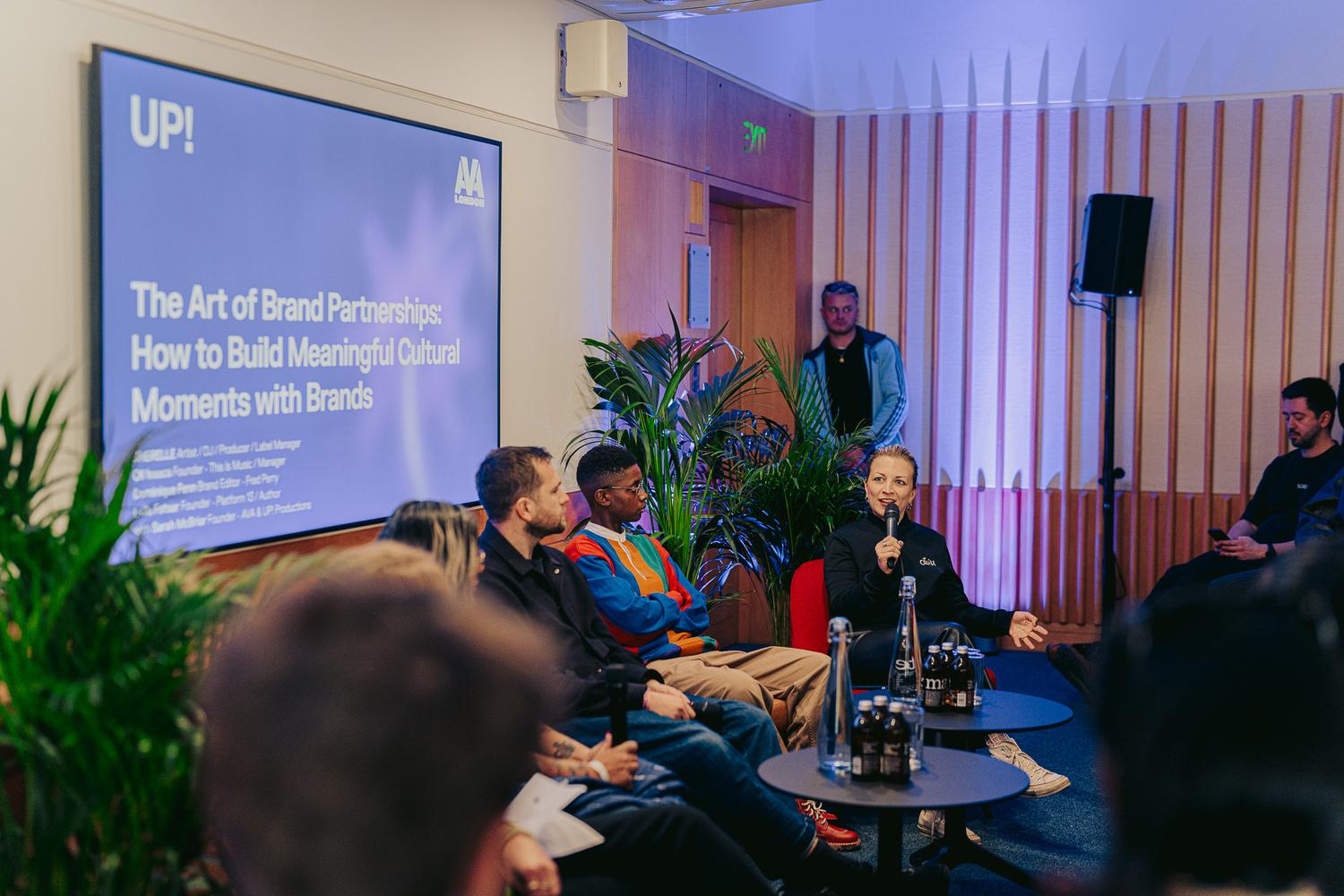
Advice for Artists and Brands
Artists were advised to define their values, build authentic followings, and be selective in their collaborations. A well-crafted proposal deck and strong negotiation around creative control were also recommended.Brands were encouraged to understand the culture before entering it, engage a knowledge team which can be internal and or external, think beyond social media, and trust creators to lead.
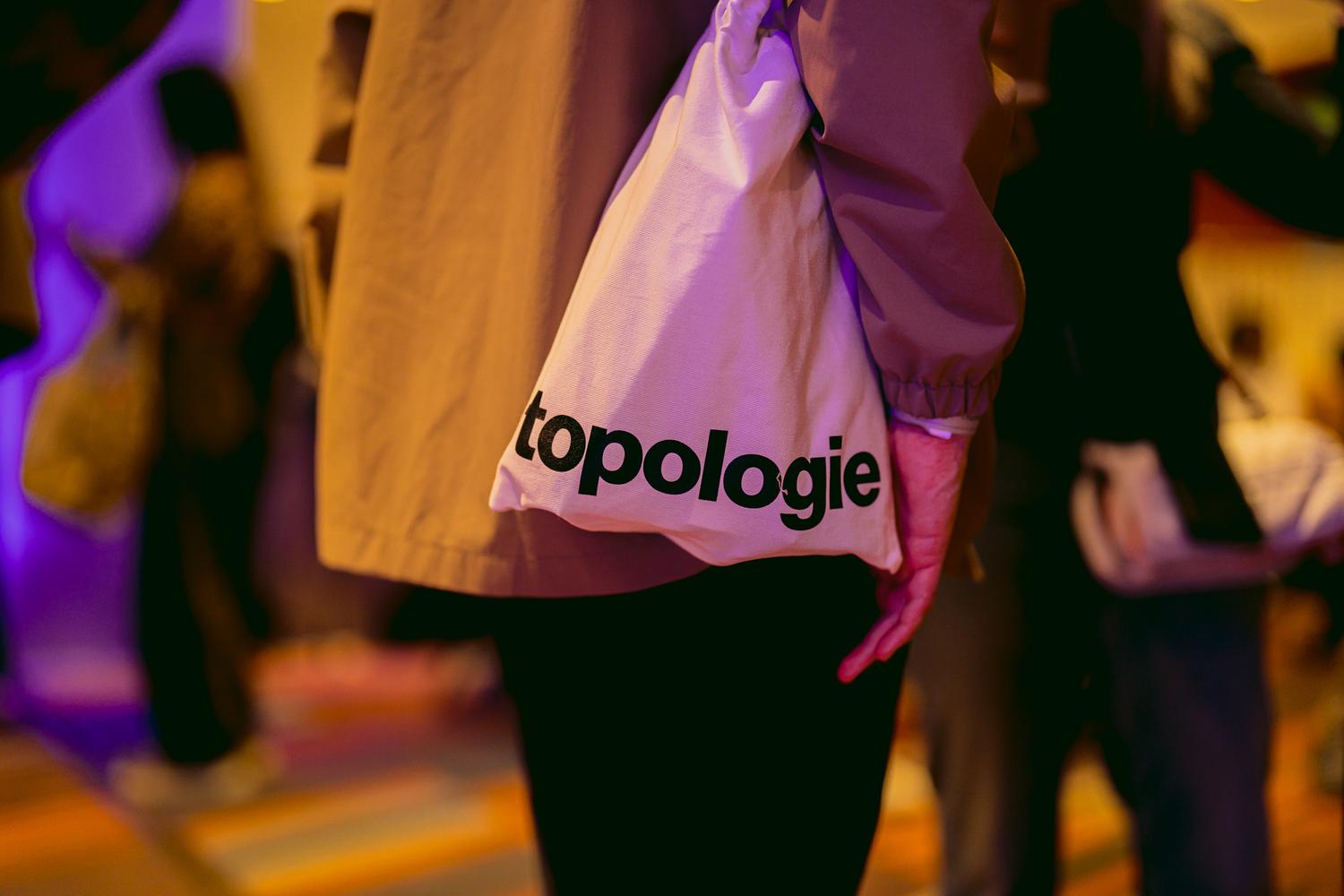
Final Litmus Test
The discussion concluded with a simple but powerful question: “Would this partnership still work if all branding were removed?”If the answer is yes, then it’s a true partnership. If not, it may be marketing ploy without true substance.
Our team at UP Productions work globally with innovative brands, bringing their product, story and personality to life creatively, whilst achieving key metrics. If you would like to discuss an idea, a future goal or just understand more about what we do, drop Saoirse an email saoirse@upproductions.co.uk
